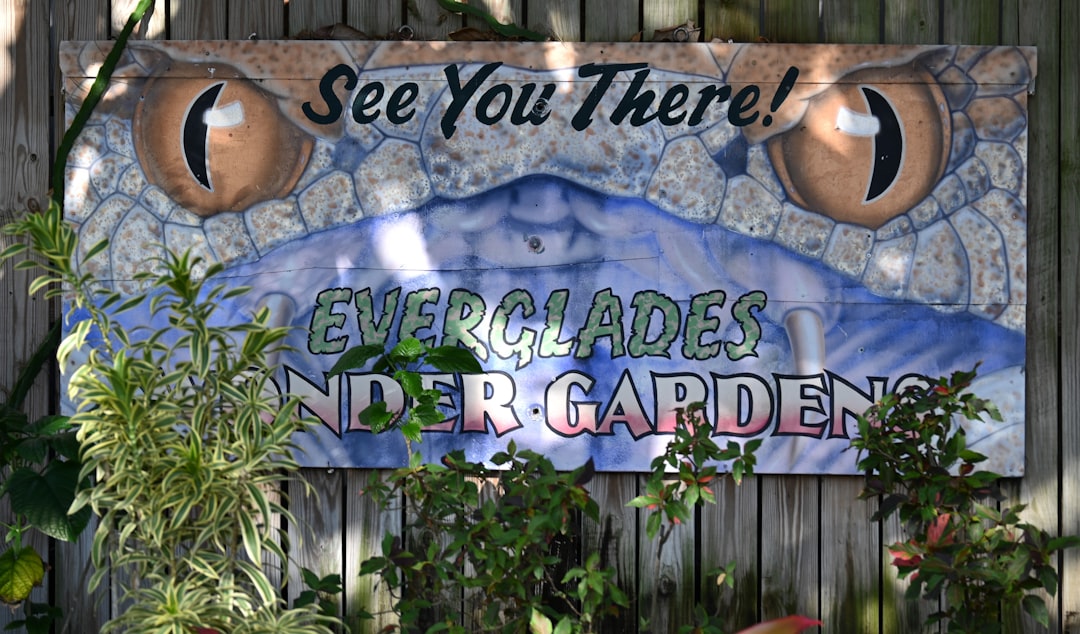The Secret of Eggshells in Your Garden

When it comes to gardening, every little bit of knowledge can make a significant difference in the health and vitality of your plants. One often - overlooked resource that can be a game - changer in your garden is eggshells. According to plant care experts, using eggshells for plants is an excellent way to boost soil nutrients and enhance the overall well - being of your garden.
Eggshells are rich in calcium carbonate, which is a crucial element for plant growth. Calcium plays a vital role in cell wall development, root growth, and overall plant structure. By adding eggshells to your soil, you can ensure that your plants have an adequate supply of this essential nutrient.
First, let's talk about how to prepare eggshells for use in the garden. The process is relatively simple. Start by collecting eggshells from your kitchen. Rinse them thoroughly to remove any remaining egg white or yolk. This step is important because any leftover organic matter can attract pests and cause unpleasant odors. After rinsing, let the eggshells dry completely. You can leave them out on a plate or in a sunny spot for a few days until they are brittle.
Once the eggshells are dry, you have a couple of options for using them. One way is to crush the eggshells into small pieces. You can do this by placing the dried eggshells in a plastic bag and using a rolling pin to break them up. The crushed eggshells can then be sprinkled directly around the base of your plants. This will slowly release calcium into the soil as the eggshells break down over time.
Another option is to make an eggshell tea. To make eggshell tea, place a handful of crushed eggshells in a large container filled with water. Let the mixture steep for a few days, stirring occasionally. The water will absorb the calcium and other minerals from the eggshells. Once the tea is ready, strain it and use it to water your plants. This is a great way to give your plants an immediate boost of nutrients.
In addition to providing calcium, eggshells can also help with soil aeration. The small pieces of eggshells create tiny air pockets in the soil, allowing oxygen to reach the roots more easily. This is especially beneficial for plants that require well - drained soil, such as tomatoes and peppers.
Eggshells can also act as a natural pest deterrent. Slugs and snails dislike crawling over the sharp edges of crushed eggshells. By creating a barrier of crushed eggshells around your plants, you can protect them from these common garden pests.
When using eggshells in your garden, it's important to note that they should be used in moderation. While calcium is essential for plant growth, too much calcium can disrupt the balance of other nutrients in the soil. A good rule of thumb is to use eggshells as a supplement to your regular fertilization routine, rather than relying on them as the sole source of nutrients.
Furthermore, different plants may have different calcium requirements. For example, plants like tomatoes, peppers, and eggplants are heavy calcium feeders and can benefit greatly from the addition of eggshells. On the other hand, some plants, such as azaleas and rhododendrons, prefer acidic soil and may not respond well to the alkaline nature of eggshells.
In conclusion, eggshells are a valuable and sustainable resource for gardeners. They offer a natural and cost - effective way to boost soil nutrients, improve soil aeration, and deter pests. By learning how to use eggshells correctly, you can take your garden care to the next level and enjoy a more bountiful and healthy garden. So, the next time you crack an egg, don't throw away the shells - put them to good use in your yard!